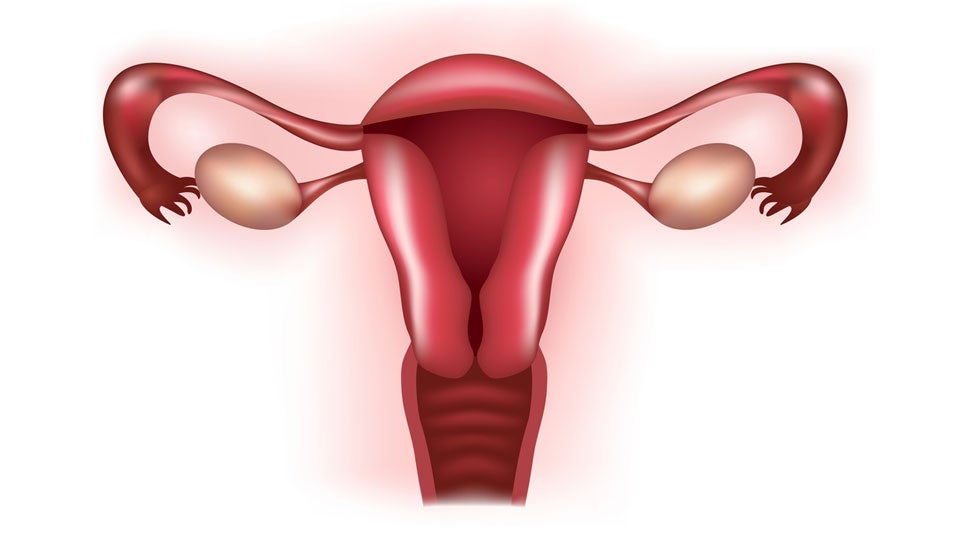
The more a woman weighs, the greater her risk of ovarian cancer, a new report suggests.
It adds to strong suspicions that weight is somehow linked to ovarian cancer, one of the deadliest cancers and one that kills 14,000 U.S. women every year. And it adds ovarian cancer to a list of cancers affected by obesity or body fat, including breast cancer, colon cancer, endometrial cancer, kidney cancer and pancreatic cancer.
There’s also a link with height, although it’s not as strong as the evidence showing that weight, especially body fat, raises the risk, the American Institute for Cancer Research reports.
A team at the AICR looked at 25 studies with data on 4 million women, 16,000 of whom developed ovarian cancer.
“Greater body fatness is a probable cause of ovarian cancer in women,” the report concludes.
“This is an important finding because it shows a way for women to reduce their chances of getting ovarian cancer,” said Dr. Elisa Bandera of the Rutgers Cancer Institute of New Jersey, who helped write the study. “There is so much we don’t know about preventing ovarian cancer, but now we can tell women that keeping to a healthy weight can help protect against this deadly disease.”
Both the American Cancer Society and the National Cancer Institute list obesity as a suspected cause of ovarian cancer.
But the AICR report suggests that a woman doesn’t have to be obese — with a BMI of 30 or greater — for the risk to start growing. Even overweight women have a higher risk, the data suggests, starting at a BMI of about 28, which is considered overweight but not quite obese. (There’s a BMI calculator here).
There are many reasons why fat may raise cancer risk. Fat cells secrete estrogen, a hormone that can help fuel cancer, and people who are overweight or obese have overall higher levels of inflammation, which can affect heart disease and cancer risk alike. Fat cells produce other hormones, such as leptin and growth factors, that may affect the out-of-control cell growth that underlies cancer.
It’s also possible that something else is driving both body growth and cancer — perhaps a genetic cause.
The AICR report looked for evidence of other causes of ovarian cancer but could not find enough evidence to implicate any specific foods such as eggs, milk, coffee, tea, meat, fats or vitamins.
Source: NBC news

